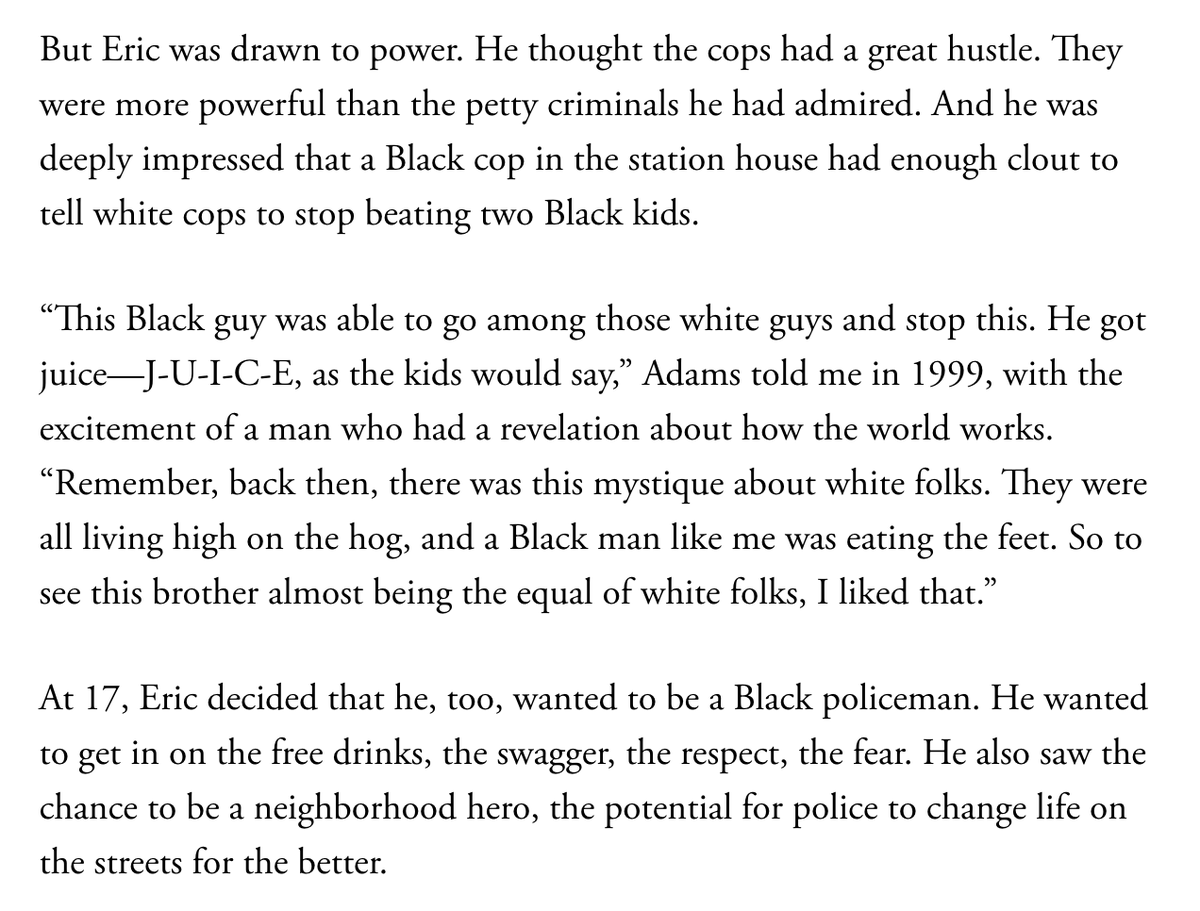
Deputy Executive Editor @TheAtlantic. Author of "Stuck: How the Privileged and the Propertied Broke the Engine of American Opportunity."
10 subscribers
How to get URL link on X (Twitter) App


 2. The trouble with such gambling—then, as now—was the horrifying incentives it created. Like the time a man collapsed on the threshold of a club, wagers were made, and those who'd placed money on his death tried to bar medical care:
2. The trouble with such gambling—then, as now—was the horrifying incentives it created. Like the time a man collapsed on the threshold of a club, wagers were made, and those who'd placed money on his death tried to bar medical care: 
https://twitter.com/AlpacaAurelius/status/19886898284190927172. The Great Depression, wartime shortages and shifts in the population created a severe housing crisis. By 1946, one-fifth of American households had doubled up with a second family in a housing arrangement meant only for one.
https://twitter.com/NJBeisner/status/1909621523293299123In 1954, 34.4% of men whose wives were not in the labor force earned less than $3,500.

 2. Professors report their students are less able to absorb details while keeping track of the plot, have narrower vocabularies, shut down in the face of challenging ideas, and struggle to persist through challenging texts: theatlantic.com/magazine/archi…
2. Professors report their students are less able to absorb details while keeping track of the plot, have narrower vocabularies, shut down in the face of challenging ideas, and struggle to persist through challenging texts: theatlantic.com/magazine/archi…
https://twitter.com/PulitzerPrizes/status/1523742211153702913My colleague @sophieGG is a treasure—and today, in naming her a finalist for criticism, the Pulitzer board made that official. pulitzer.org/finalists/soph…




https://twitter.com/KFILE/status/14059341337595944982. Here's the thing about Juneteenth—it raises the number of legally mandated paid public holidays for private employees from zero to …. zero.



https://twitter.com/AdrianMorrow/status/13824165256850472972. In the various papers where this story ran, these were never the first words readers would’ve encountered. A series of stacked headlines—in big bold letters—summarized the main news that readers could expect to find in the story itself. Here, for example, @hartfordcourant:
